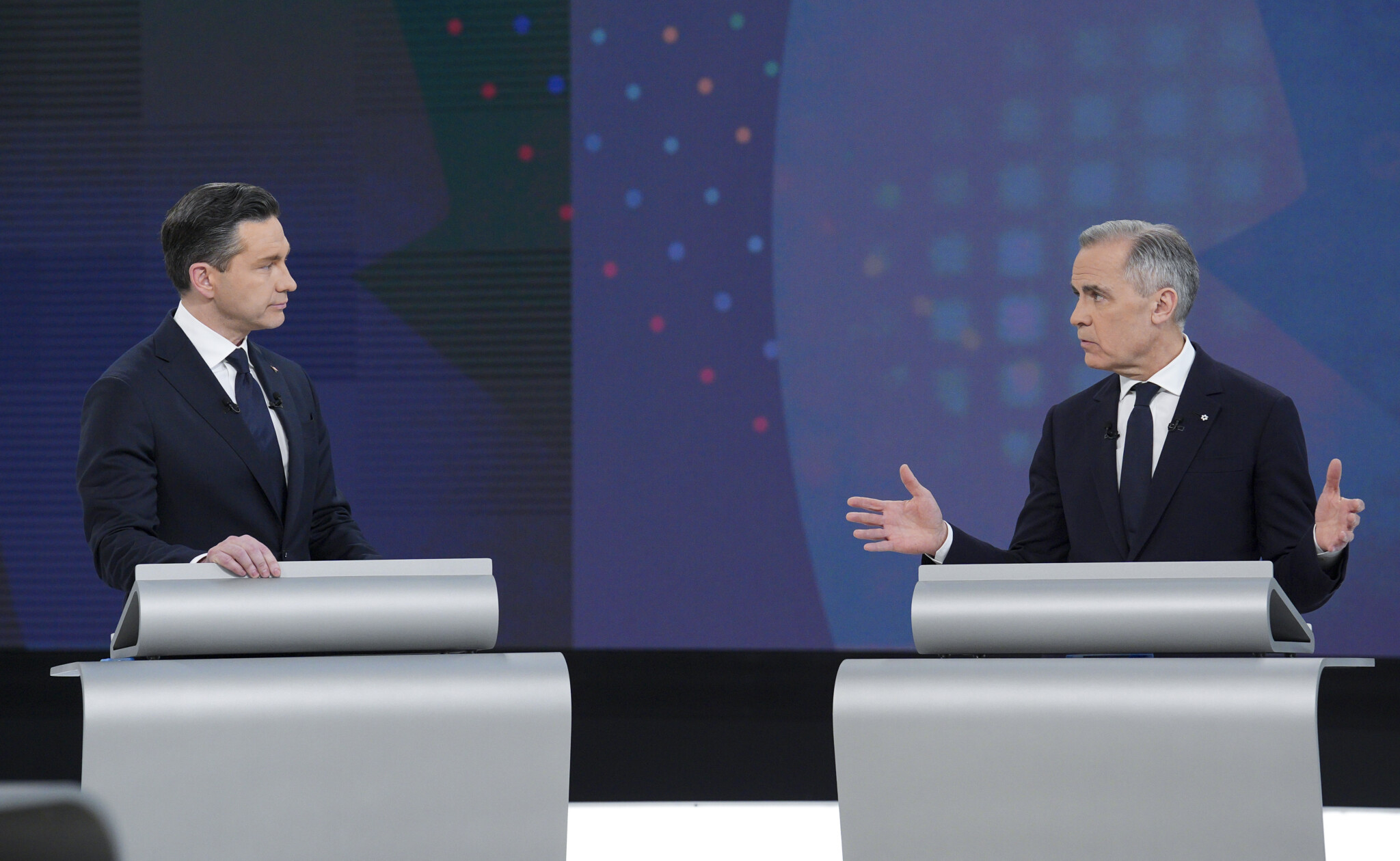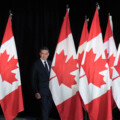Strengthening the economy is central for Canadians in this election. A strong, resilient economy provides the best defence against American protectionism. It will improve the fortunes of millions of Canadians challenged with affordability. And with it will provide revenues for cash-strapped governments to meet the demands for increased investment in defence, health care, and infrastructure without further burdening the next generation.
Signs of Canada’s failing economy have been well documented. The Bank of Canada warned of a pending “economic emergency” due to stagnant productivity and business investment. The OECD is predicting that Canada will have the worst economic performance of any advanced economy in the current decade (2020-2030), and, on our current trajectory, this worst-in-class performance is expected to persist over the next 35 years. It’s important to note, these alarming predictions were made well before the current tariff uncertainty and our challenged relationship with the U.S.
With 86 percent of Canadians concerned about their financial future and a report that half of all Canadians are $200 or less away from being able to cover their monthly bills, I cannot recall a federal election where attention to policy detail and direction was this imperative.
While our economy is exposed to global commodity trends and challenges, our current economic problem is one of our own making. A decade of failed economic policy and federal mismanagement has placed Canadians on a downward economic spiral. As someone who served in Alberta as the minister of finance, I saw these challenges up close.
Sound economic policy matters. Weak, misguided, and lazy government policy has brought us to our knees, but over time, and with major economic policy correction, Canada’s economy can not only recover but thrive.
To expeditiously put our economy on a positive trajectory and to address the decline in per capita GDP and business investment, we must focus on sectors that incorporate two features: sectors where we are naturally competitive, and those that can create significant wealth.
No sector in Canada comes as close to delivering on those criteria as does the energy industry. The Canadian energy industry, as a whole, generates over 10 percent of our nation’s GDP, with over 20 percent of Canada’s exports consisting of hydrocarbons. The oil and gas sector employs or supports employment for close to 900,000 Canadians, with wages for those directly employed in the industry almost two times higher than the average. Moreover, the sector adds tens of billions of dollars to government coffers every year.
And that brings us back to this election. Vague, general agreement about the importance of growing Canada’s energy industry won’t get the job done. Fundamental change in the federal approach to the industry will be required by the next government if we are to see its great potential realized.
Both Pierre Poilievre and Mark Carney are stating they are supportive of new pipelines and growing Canada’s energy industry—but it’s the campaign trail, and promises come easy. Scrutiny must be given to the layers of current policy that curtail meaningful progress.
A few weeks ago, CEOs for 14 of Canada’s largest energy companies co-signed a letter, “Build Canada Now,” addressed to Carney, Poilievre, Yves-Francois Blanchet, and Jagmeet Singh, outlining the massive contribution the industry could make and a roadmap to get there. The recommendations included committing to firm and expedited deadlines for project approval, eliminating the government’s cap on emissions, and repealing the onerous levy on carbon emissions, leaving provincial governments to set appropriate carbon regulations.
While Poilievre has committed to delivering on all of the Build Canada recommendations, Carney has not. In fact, he’s given full support to the emissions cap, a regulation that will, in its current form, guarantee the decline of the Canadian energy industry. Any candidate who claims to be for pipelines and growing the energy industry but fails to commit to fundamental change in these ancillary policies is being disingenuous with voters.
Further, Carney has said in French that “when I talk about an energy superpower, I am talking about the energy transition process.”
Canadians need to pull back the curtain and scrutinize the policy platforms in this election. One party addresses the detailed policy changes needed to set our country back on course—and one is glaringly inconsistent, signalling its dogged commitment to the failed status quo.








